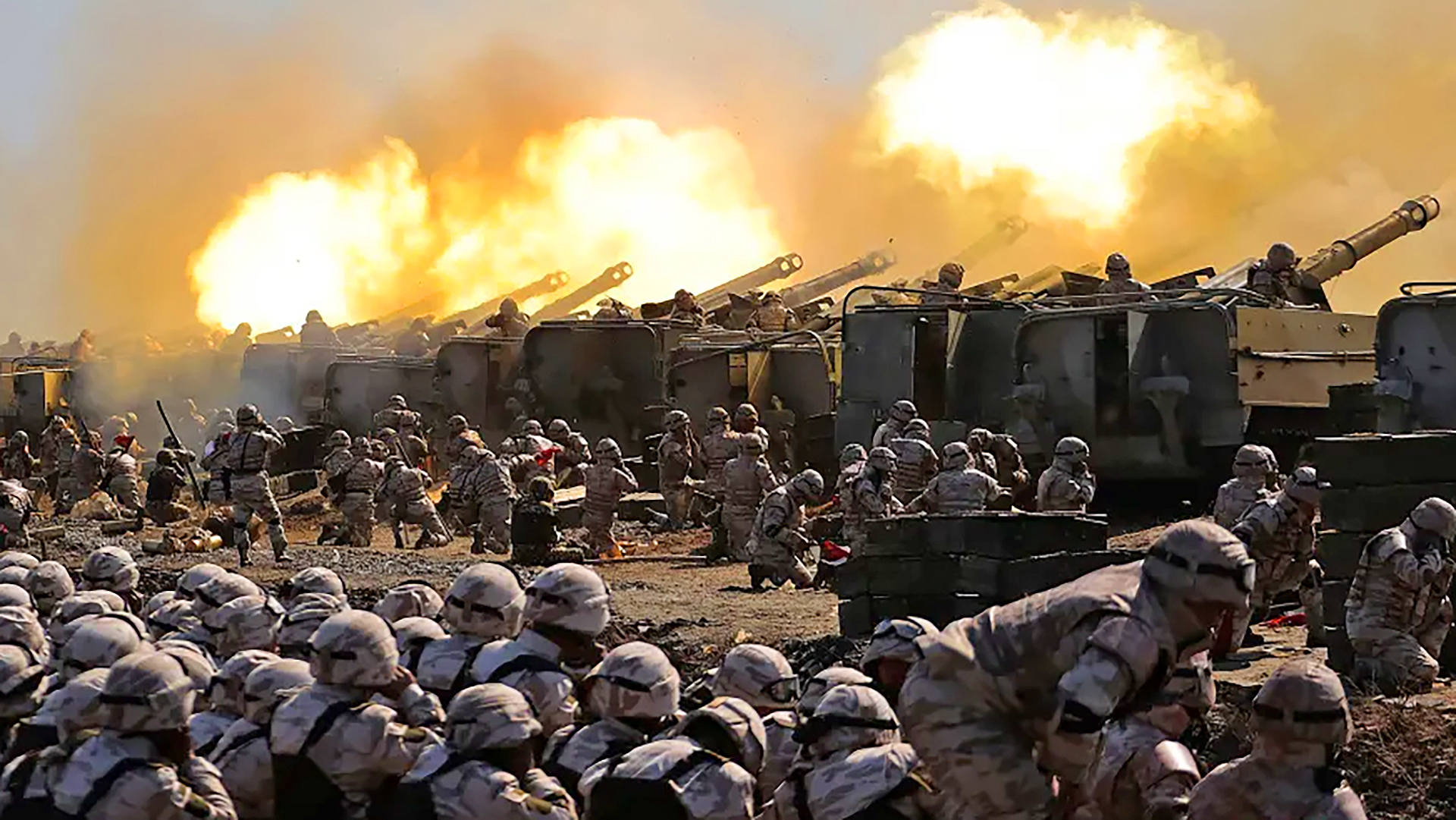Ever since the possibility of North Korea assisting Russia in its war effort emerged in the Summer of 2022, quantifying exactly what that would look like and its downstream effects have been challenging. Now, as indications point to North Korean troops wading into the direct fighting, one aspect of this major geopolitical shift beyond how it impacts Ukraine couldn’t be more clear — North Korea getting real-world combat experience on a modern battlefield alongside a well-versed ally is a very unwelcome development for South Korea and the United States.
The experience aspect of North Korea’s involvement in the conflict between Russia and Ukraine is one we have stressed repeatedly, but it’s often overlooked, with the focus being more on the immediate impact an influx of troops could have for the Kremlin’s cause. This is understandable as Russia has experienced heavy losses and Ukraine has as well. Any major infusion of able bodies into the fighting from an external source could erode either side’s ability to compete on the battlefield.
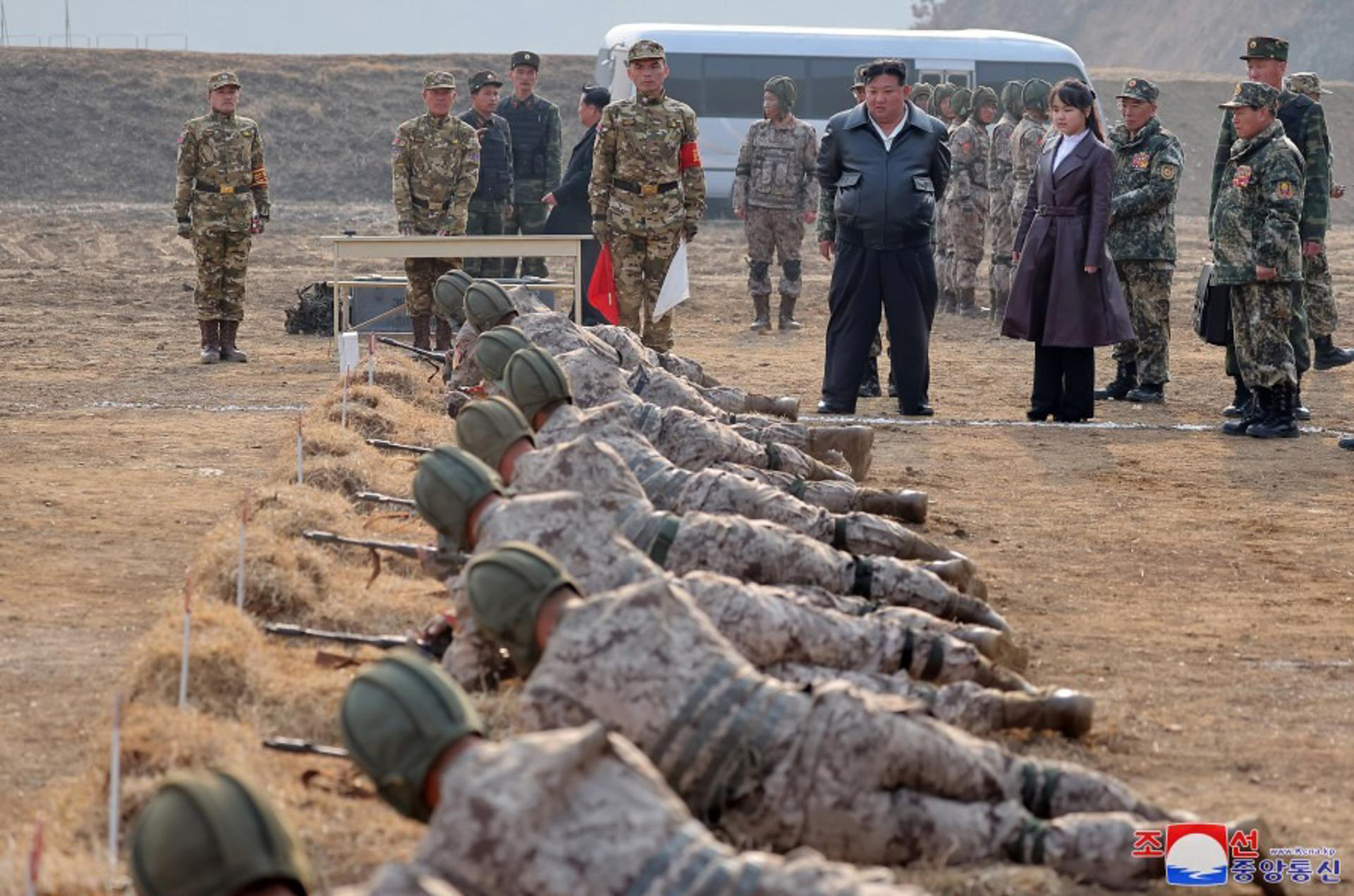
Amongst notorious resource scarcity, one thing North Korea has plenty of is troops and laborers. While it is now widely understood that over 10,000 North Korean troops are preparing to fight on behalf of Russia – including some from North Korea’s brutal special operations units – that could just be the start.

With one of the largest standing armies on the planet and the need for cash, energy, and technological know-how for weapons development, North Korea has excess supply to offer when it comes to exporting fighting men in exchange for what it needs and wants. Add security guarantees from the world’s largest nuclear power and technological assistance in advanced weapons manufacturing and it’s clear that Kim Jong Un has every reason to provide Russia with whatever manpower it thinks it needs to turn the tide on the battlefield.
But the fact that under such an arrangement North Korea also gets real-world combat experience is an offering Russia could not provide the Hermit Kingdom during a time of relative peace. North Korea’s isolated forces could use this experience badly.
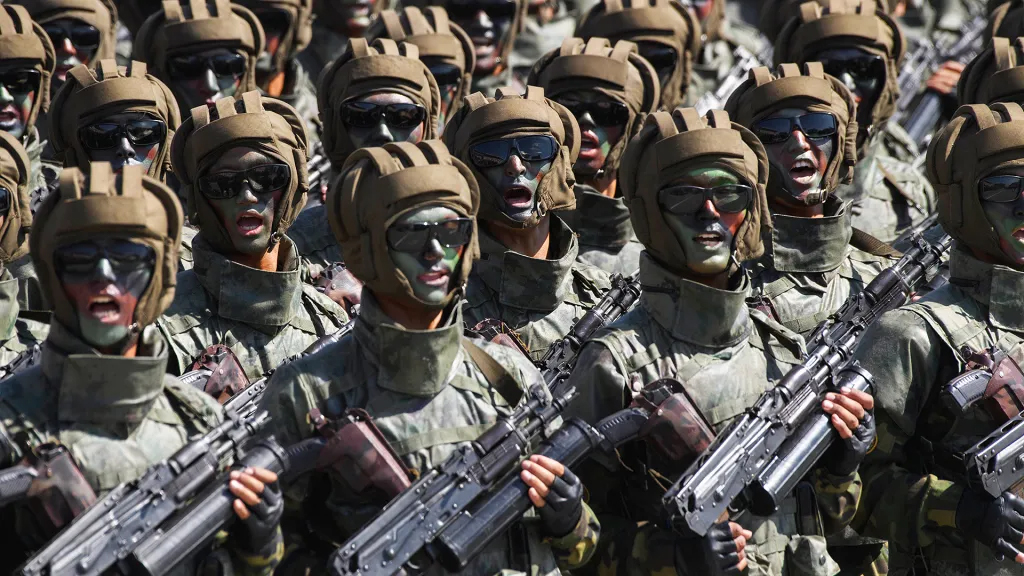
The last time North Korea fought substantially in an all-out modern war was nearly 75 years ago, although since then it has taken part in more limited conflicts around the globe sporadically in varying, often shadowy capacities. In addition, international training, and especially participation in advanced war games, has been extremely limited for North Korean military units, and the fidelity of the country’s organic training efforts pales in comparison to those of South Korea.
The massive and as ‘realistic-as-possible’ combat exercises South Korea executes alongside its American partners are far more advanced and actually combat representative than anything North Korea is capable of emulating. This is on top of the relatively poor standards of combat training for North Korean regular forces as a whole. So, being able to train with Russian forces and then fight in a real war with the threat of things like standoff guided weaponry, kamikaze drones, electronic warfare, night vision and thermal optics, and so much more, against a very battle-hardened enemy ground force, is arguably a priceless opportunity. The fact that the Ukrainian battlefield has direct similarities with what would exist during a war on the Peninsula is an even bigger plus.
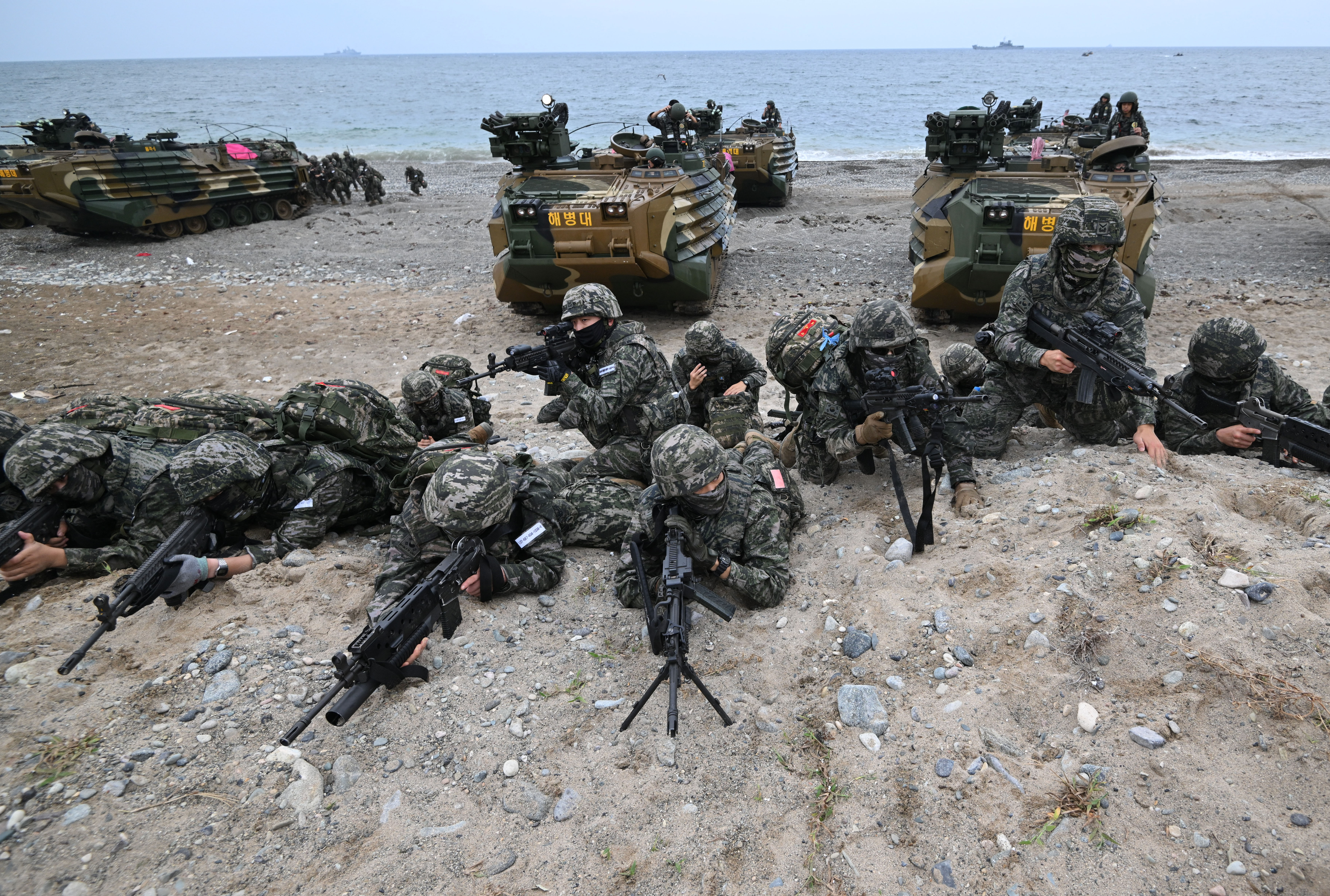
And yes, this means many North Koreans will die, and quite rapidly one would think, especially if Russia uses them as they have some of their conscripts and contracted forces in archaic ‘meat assaults,’ but in some ways that’s the point. While paid for in blood, the learning curve will be very steep and likely well-documented. As brutal as it may be, lessons come quickly when they emanate from massive losses of lives on the battlefield. What North Korea learns firsthand the hard way, and from their Russian counterparts who have years of combat experience, can be incorporated into doctrine, training, and especially its weapons development endeavors, which Russia is likely assisting with, at least in some ways. Once again, sacrificing large numbers of your countrymen to get a clear view of the realities of modern combat is a very dark endeavor, but it is what it is in this case.
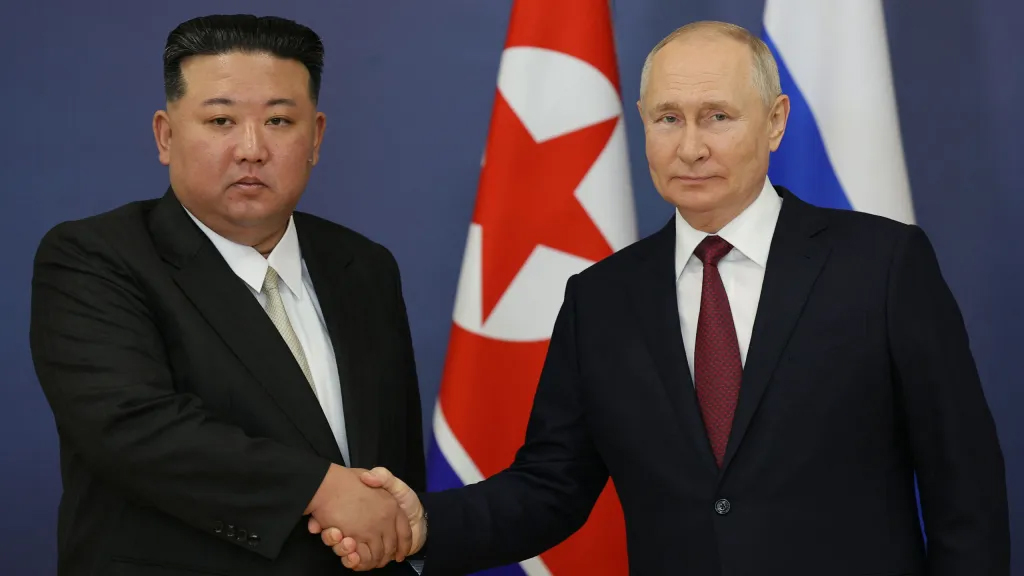
It remains to be seen how effective North Korean soldiers will even be and large hurdles such as language, foundational training, and equipment needs clearly exist when it comes to incorporating Pyongyang’s forces into Russia’s war machine. How exactly these will be overcome, especially in the near term, is unclear. It may turn out that North Korean troops are more trouble than they are worth and consume already scarce materiel and logistical support without the gains needed to justify the investment. There is also the real possibility of mass defections. But this doesn’t change the benefit the North Korean army will get from combat operations regardless.
Just how deep North Korea’s involvement will end up being is also a huge question mark. If it is limited to what we think it is today — providing some weapons like ballistic missiles, millions of artillery shells, and around 10,000 troops — then its impact won’t shift the realities of the battlefield that are already established. There are indications that, beyond small groups possibly already deployed to Ukraine, this initial cadre will be used to help boot Ukraine out of Russia’s Kursk region, thus their deployment will be limited to Russia’s own soil. If these troops end up being in any way effective and North Korea injects far greater numbers into the fight, not just to fight in Kursk but in Ukraine itself, it could be a massive problem for Kyiv which is struggling with holding ground as it is. Maybe just as concerning is that the impact of North Korea sending tens of thousands of troops into Ukraine would stem far beyond the reaches of Eastern Europe.
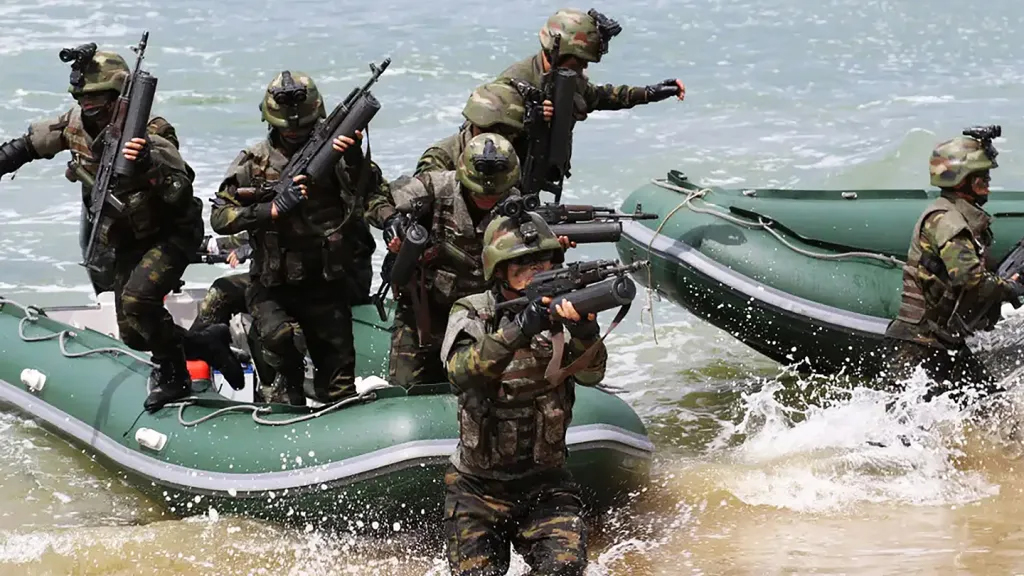
North Korea becoming a direct fighting player in this war greatly internationalizes the conflict. South Korea is already mulling jumping in with advisors and providing weaponry, the latter of which it has a large inventory of and the ability to quickly deliver more. Escalation could also come from Ukraine’s allies who may see the arrival of a foreign regular fighting force in Ukraine as a reason to escalate by sending its own troops or expanding other forms of support or lifting restrictions on where and how advanced weapons can be used.
But above all else, no matter how badly its troops do in combat, North Korea will walk away from this conflict with a new understanding of the demands of modern warfare from a battlefield that has similarities to the one that could erupt on the Korean Peninsula. It will exploit these lessons to the max. This, along with Russia’s cash, energy, and weapons development resources, as well as intelligence, will result in a more robust, ready, and deadlier North Korean military.
Contact the author: Tyler@twz.com
